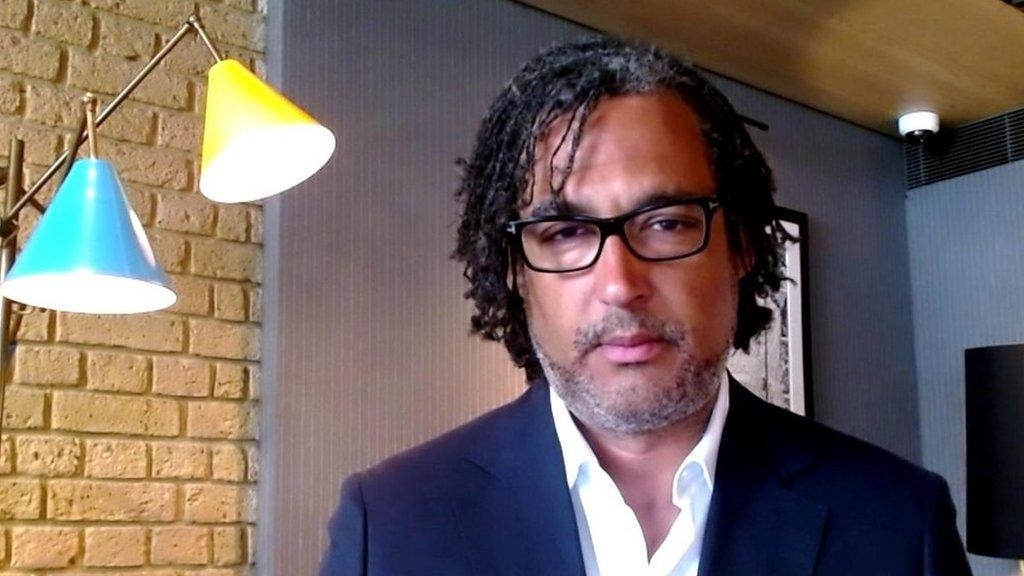Colston project aims to create 'grassroots' change in Bristol
- Published
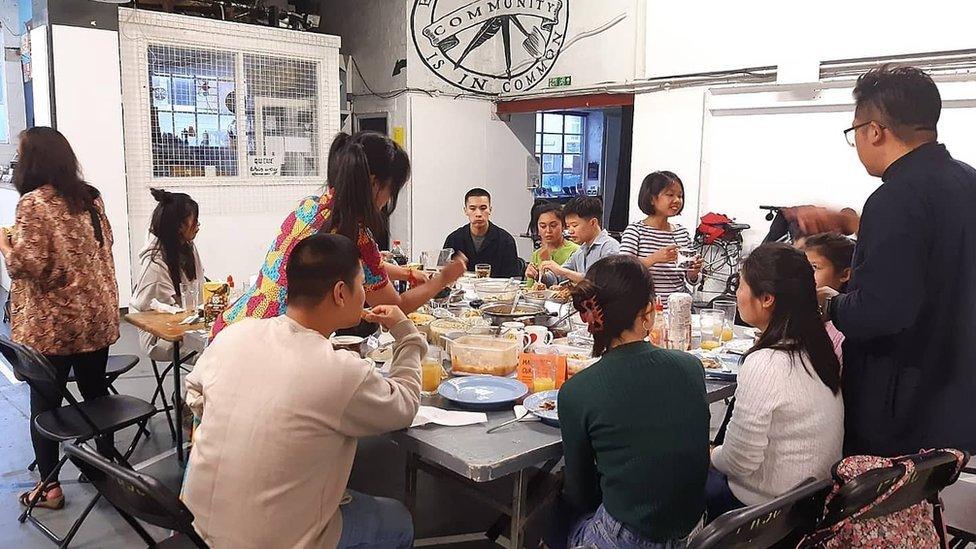
Artist Kiara Corales organised events with the East & South East Asian Solidarity (ESEAS) group
A project launched in the wake of Bristol's Colston statue being toppled could help drive grassroots movements, its director has said.
Bridging Histories aims to show how residents are all connected to the city's history through a series of activities.
It was launched by the We Are Bristol History Commission and partners including the University of Bristol.
Director Joanna Burch-Brown said she hopes people feel "listened to".
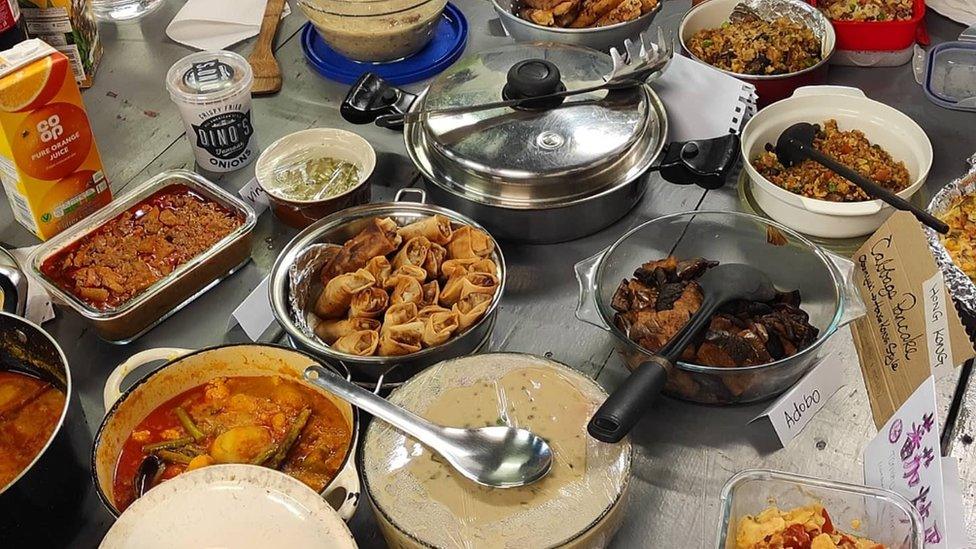
Organiser Kiara Corales said the potluck was a chance for people to share food and life experiences
People taking part in the project are encouraged to find out something about the history of their street or their family history.
They are also encouraged to search the city for monuments and share recipes with their neighbours.
It also seeks "change makers" in Bristol to make a positive difference in their local community.
Project lead and senior lecturer in philosophy, Dr Burch-Brown, said talking about people's pasts "has potential to divide us and it also has potential to bring us together".
"Finding that out is so important for us to actually then be able to connect and understand the experiences that people are having - their different perspectives and their different sides."
This approach is also being used in London by the mayor's community engagement team.
"There could be really nice potential for institutions to pick it up in other locations and also for a grassroots work to just start naturally evolving around it," added Dr Burch-Brown.
Artist Kiara Corales organised events for the East & South East Asian Solidarity (ESEAS) group in Bristol.
"It was nice to have a space where people could come together and especially in light of the coronavirus pandemic and the rise in Southeast Asian hate.
"They really wanted to create a space for people to just feel safe and talk about their experiences."
She added that while the group covered many nationalities they shared common experiences which she hoped would develop into "long-lasting friendships".
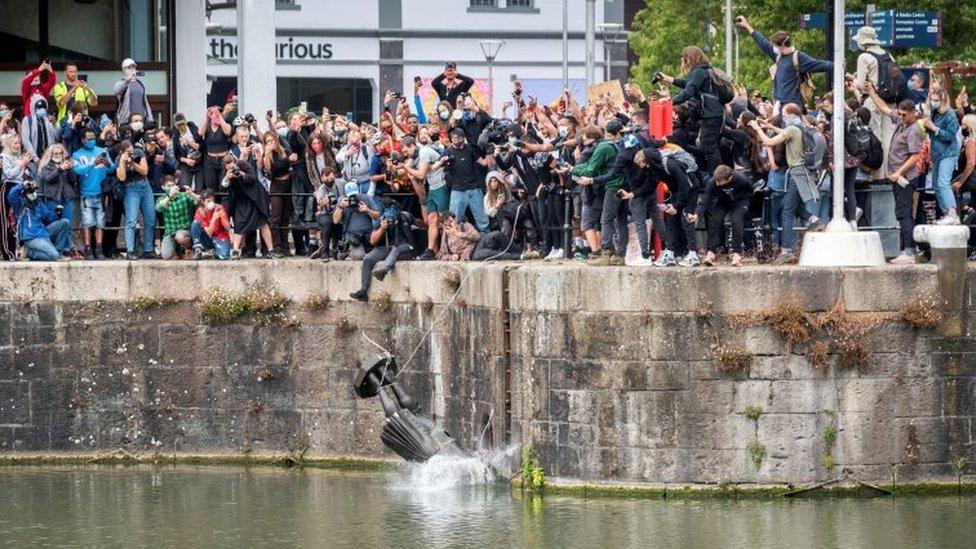
The project began after the Colston statue was toppled and thrown into the harbour
She believed it was important to create "strong roots" before tackling larger issues such as poverty in the city.
"If we can continue to nurture these relationships, then these conversations will come up and then action will come from that," added Ms Corales.

Follow BBC West on Facebook, external, Twitter, external and Instagram, external. Send your story ideas to: bristol@bbc.co.uk , external
Related topics
- Published18 August 2021
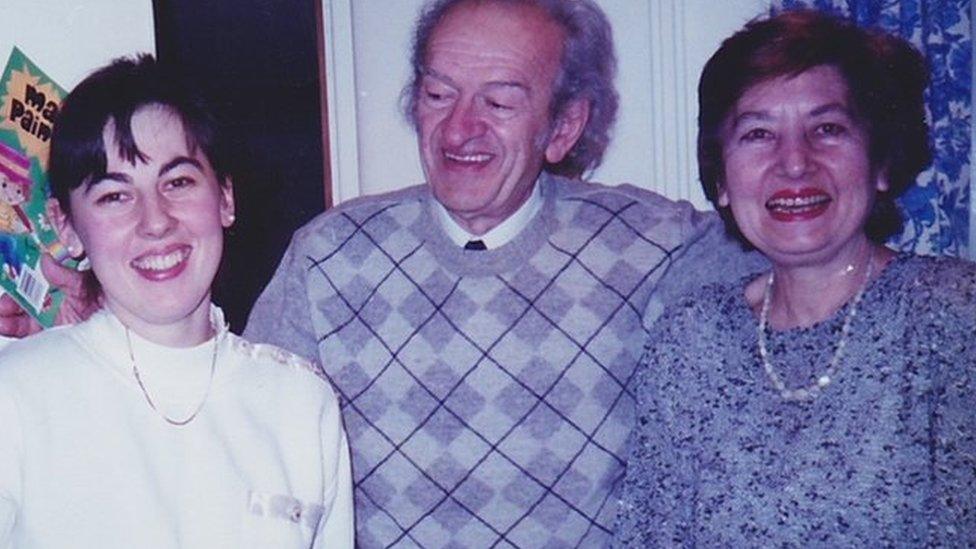
- Published24 May 2021
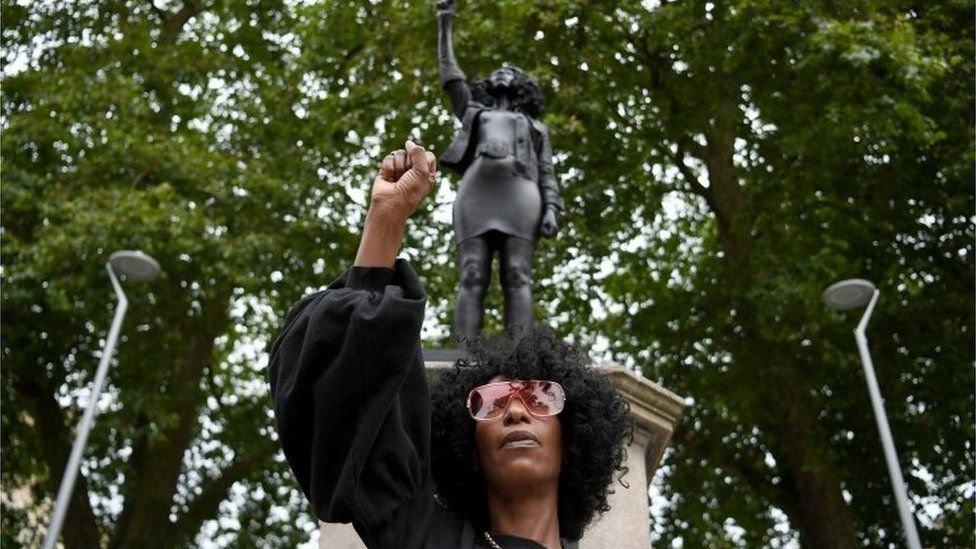
- Published25 September 2020
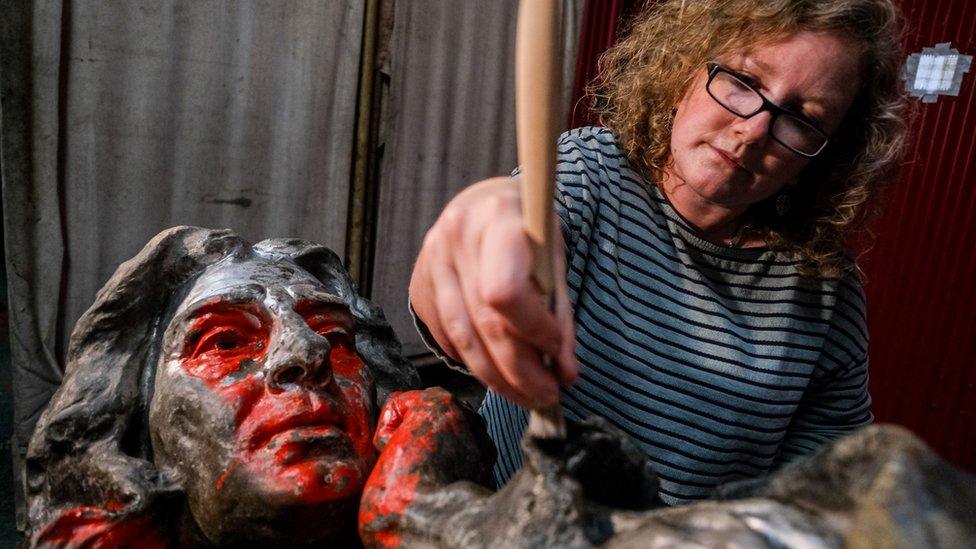
- Published23 March 2021
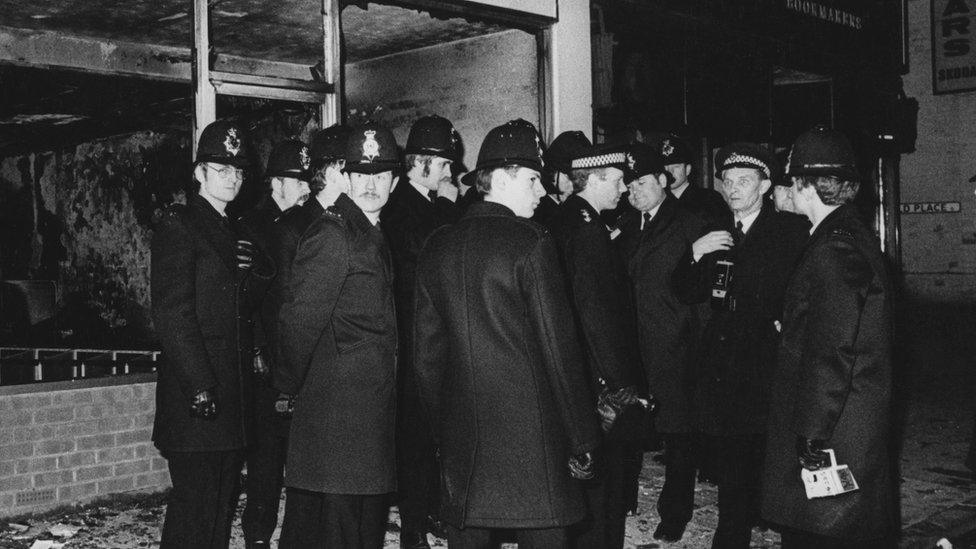
- Published22 April 2021
